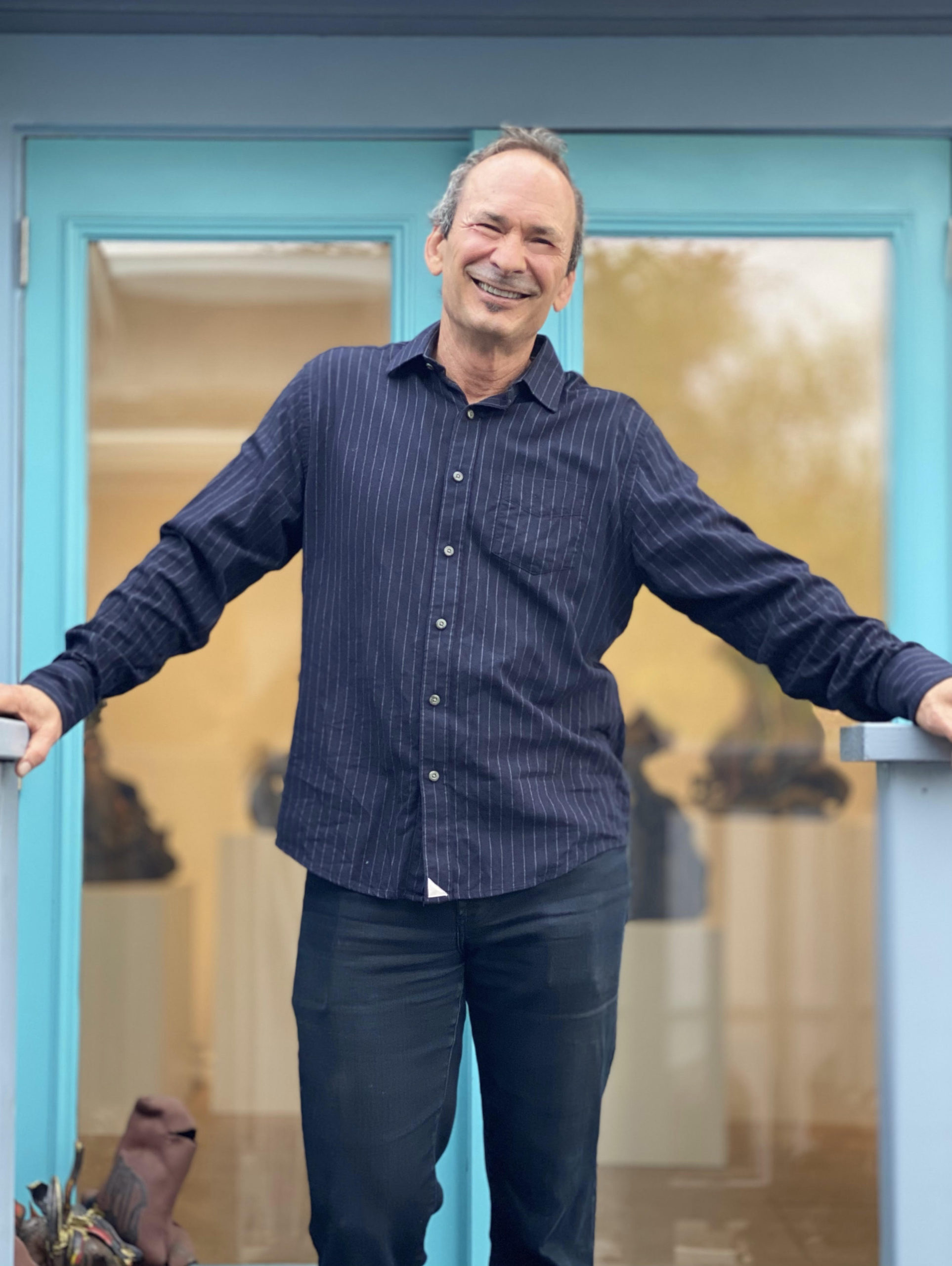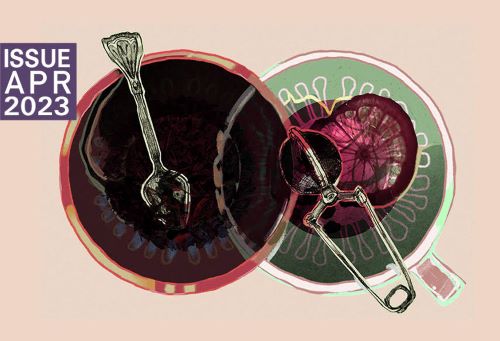Come now with me, let it go, pause, you deserve it, then go back, nothing will have changed, life fines awayso quickly! we die while we’re saying words to people we barely know, who hardly matter to us,words that only hide us from sorrow, forgive me for saying so, but facing death, there’s just no place for dissimulation, and I can’t imagine whatyou carry, so many losses piled one over another and you still dispensing smiles to those who expect smilesand words from you, but come with me and you won’t need to pretend or speak or be silent, we’ll walk to the sea, releasing into the sunsetall that weight you’re carrying, and we’ll stay for sunrise in the Galapagos with centurial turtles teaching us to live and birds dawning, come with me,so we can laugh at simple things like children and tickle each other without even touching, read the scribble of clouds, the tongues of stars, the trails of bugs in the sand,and we’ll kiss like never before, this is my way of asking you not to let yourself fall into the vacuum of grief, there’s lifedreaming you past the pain, let’s go, I want to dream it too, to let ourselves be taken by some nascent hope born from wildest illusions, the ones that in our sadnesssave us, save us. Dejar IrAhora ven conmigo, suelta todo, haz pausa, lo mereces, luego vuelves, nada habrá cambiado, ¡la vidase desgasta tan rápido! nos vamos muriendo entre palabras para gente que apenas conocemos, que poco nos importa,palabras que solo nos ocultan de la pena, disculpa mi descaro, pero ante la muerte, no hay cara para disimular, y no puedo imaginarlo que tú cargas, tantas pérdidas juntas una sobre otra y sigues levantándote con sonrisas para quienes esperan sonrisasy palabras de ti, pero ven conmigo y no tendrás que fingir ni hablar o callar caminaremos hasta el mar, a liberar ese pesoflotando en el atardecer, y ver nacer el sol en las Galápagos, con tortugas centenarias enseñándonos a vivir y pájaros amaneciendo, ven conmigo,a reír de cosas simples como niños, hacernos cosquillas sin tocarnos, mirando escritura en las nubes, lenguaje en los astros y en las trazas de los bichitos de arena,y besarnos como nunca antes, esta es mi forma de pedirte que no te dejes caer en la aspiradora del duelo, que hay vidasoñándose contigo después del dolor, vámonos, quiero soñarlo al menos, dejarnos llevar por la esperanza que nace de las ilusiones más salvajes, son ellas las que en la tristezanos salvan, sálvanos.
Let it Go
Feature Date
- June 3, 2023
Series
- Editor's Choice, Translation
Selected By
- Heather Green
Share This Poem
Print This Poem
English Copyright © 2023 by Forrest Gander.
All rights reserved.
Reproduced by Poetry Daily with permission.
Mariana Berenice Bredow Vargas was born in 1980 in La Paz, Bolivia, into a family of theater artists. Her actress grandmothers, her mother Ana María Vargas Alexander, and her father Luis Bredow taught her the craft in their family company Teatro del Umbral. At the age of nineteen, she left home to study theater and lyrical singing at the Conservatoire de musique de Genève, then dramaturgy and direction at the RESAD in Madrid. Upon her return to Bolivia, she encountered the work of Jaime Saenz; this changed the course of her life, and she began more intensively to explore writing in relation to the body. Bredow earned graduate degrees in musicology and creative writing at the National School of Theater in Santa Cruz. Later, she worked in Paris with actor-writer Jean-Paul Wenzel, and then moved to Buenos Aires before returning to Santa Cruz where she works as an actress, director, theater photographer, cross-genre artist, and as a jazz singer and writer.

Forrest Gander was born in the Mojave Desert. He is a writer and translator with degrees in geology and literature. Awarded a Pulitzer Prize and fellowships from the Guggenheim, Whiting and United Artists foundations, Gander has most recently published Twice Alive: An Ecology of Intimacies (New Directions, 2021) and Knot (New Directions 2022), a collaboration with photographer Jack Shear. Gander translates books by poets from Spain, Latin America, and Japan.

April 2023
Taipei City
Editor-in-Chief
Lee Yew Leong
Assistant Managing Editors
Daljinder Johal
Malak Khalil
Marina Martino
Samuel Miller
Janet Phillips
Lindsay Semel
Poetry Editor
Lee Yew Leong
Winner of the 2015 London Book Fair’s International Literary Translation Initiative Award, Asymptote is the premier site for world literature in translation. We take our name from the dotted line on a graph that a mathematical function may tend toward, but never reach. Similarly, a translated text may never fully replicate the effect of the original; it is its own creative act.
Our mission is simple: to unlock the literary treasures of the world. To date, our magazine has featured work from 105 countries and 84 languages, all never-before-published poetry, fiction, nonfiction, drama, and interviews by writers and translators such as J. M. Coetzee, Patrick Modiano, Herta Müller, Can Xue, Junot Díaz, Ismail Kadare, David Mitchell, Anne Carson, Haruki Murakami, Lydia Davis, Ann Goldstein, and Deborah Smith.
Poetry Daily Depends on You
With your support, we make reading the best contemporary poetry a treasured daily experience. Consider a contribution today.



